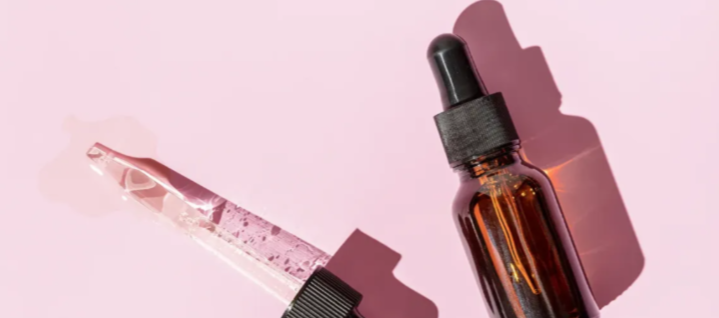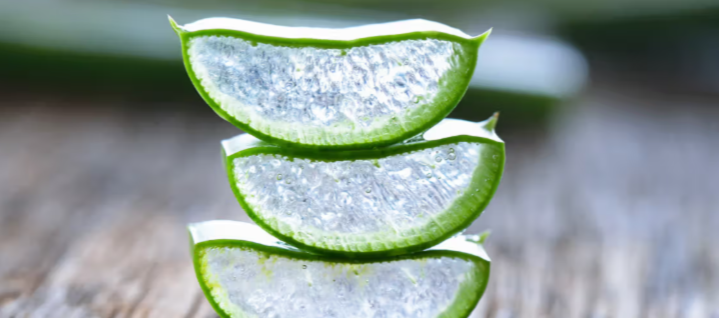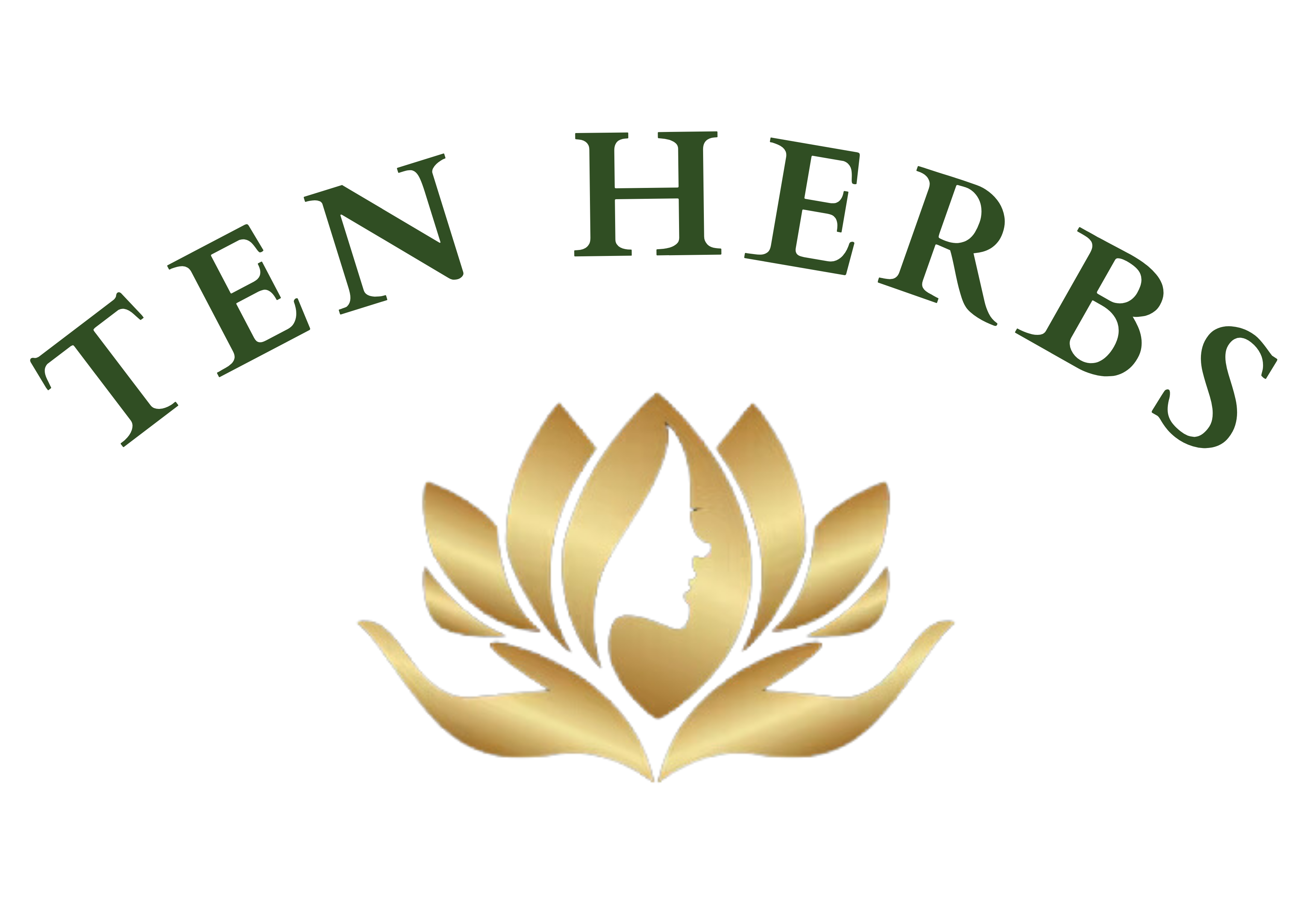Dandruff, characterized by flaky and itchy scalp, affects a significant portion of the population. While various treatments are available, natural remedies like castor oil have gained attention for their potential benefits. This article delves into the efficacy of castor oil in combating dandruff, methods of application, dermatologist insights, and precautions to consider.
Understanding Dandruff
Dandruff is primarily caused by the overgrowth of a yeast-like fungus called Malassezia on the scalp. This overgrowth can lead to scalp irritation and the shedding of skin flakes. Factors contributing to dandruff include oily skin, hormonal imbalances, stress, and certain hair care practices.
Castor Oil: Composition and Benefits
Derived from the seeds of the Ricinus communis plant, castor oil is rich in ricinoleic acid, a fatty acid known for its anti-inflammatory and antimicrobial properties. These properties suggest potential benefits in addressing scalp conditions like dandruff. Additionally, castor oil's moisturizing capabilities can help soothe dry and irritated scalps.
Using Castor Oil for Dandruff: Methods and Recipes

When considering castor oil as a remedy for dandruff, it's essential to apply it correctly to maximize benefits and minimize potential side effects. Here are some recommended methods:
Direct Application
- Method: Warm a small amount of castor oil to enhance its viscosity. Part your hair into sections and apply the oil directly to the scalp using your fingertips. Gently massage in circular motions to ensure even distribution.
- Duration: Leave the oil on for at least 30 minutes. For deeper penetration, consider leaving it overnight.
- Rinse: Wash thoroughly with a mild shampoo to remove residual oil.
- Frequency: Once a week.
Castor Oil and Coconut Oil Blend
- Benefits: Coconut oil possesses antifungal properties that can complement castor oil's effects.
- Recipe: Mix equal parts of castor oil and coconut oil. Warm the mixture slightly for better application.
- Application: Apply to the scalp and hair, ensuring full coverage. Leave it on for 30-45 minutes before washing off with a gentle shampoo.
- Frequency: Twice a week.
Castor Oil and Tea Tree Oil Combination
- Benefits: Tea tree oil is renowned for its potent antifungal and antibacterial properties, making it effective against dandruff-causing microbes.
- Recipe: Combine 2 tablespoons of castor oil with 2-3 drops of tea tree oil.
- Application: Massage the blend into the scalp, let it sit for 30 minutes, and then rinse thoroughly.
- Frequency: Once a week.
Castor Oil and Lemon Juice Mixture
- Benefits: Lemon juice's acidity helps balance the scalp's pH and reduces oiliness, potentially minimizing dandruff.
- Recipe: Mix 2 tablespoons of castor oil with 1 tablespoon of fresh lemon juice.
- Application: Apply to the scalp, leave for 20-30 minutes, and wash off with a mild shampoo.
- Frequency: Once a week.
Dermatologist Insights
While castor oil is popular in traditional remedies, dermatologists emphasize the importance of scientific validation:
- Dr. Ife J. Rodney, a board-certified dermatologist, notes that while castor oil has rich moisturizing properties, there's no scientific evidence to support that it directly affects hair health. However, its ability to lubricate the hair shaft may decrease breakage and improve hair luster.
- Dr. Melanie Palm highlights that while oils like batana (similar in properties to castor oil) are rich in fatty acids and antioxidants, there's insufficient scientific evidence to prove their effectiveness for hair growth or treating dandruff.
Precautions and Considerations
Before incorporating castor oil into your hair care routine, consider the following:
- Allergic Reactions: Conduct a patch test by applying a small amount of castor oil to a discreet area of your skin. Wait 24 hours to check for any adverse reactions.
- Scalp Conditions: Individuals with seborrheic dermatitis or other scalp conditions should consult a dermatologist before using castor oil, as it may exacerbate certain conditions.
- Oil Removal: Due to its thick consistency, castor oil can be challenging to wash out. Ensure thorough rinsing to prevent residue buildup.
- Product Quality: Opt for cold-pressed, hexane-free castor oil to ensure purity and reduce the risk of contaminants.
Alternative Natural Remedies for Dandruff

If castor oil isn't suitable or effective for you, consider these alternatives:
- Tea Tree Oil: Known for its antifungal properties, it can be diluted with a carrier oil and applied to the scalp.
- Aloe Vera: Its soothing properties can alleviate scalp irritation and reduce dandruff symptoms.
- Apple Cider Vinegar: Diluted with water, it can help balance the scalp's pH and reduce fungal growth.
Conclusion
Castor oil offers potential benefits in managing dandruff due to its moisturizing and antimicrobial properties. However, scientific evidence supporting its efficacy remains limited. It's crucial to approach its use with caution, conduct patch tests, and consult with a dermatologist, especially if you have existing scalp conditions. Combining castor oil with other natural ingredients may enhance its effectiveness, but individual results can vary.
